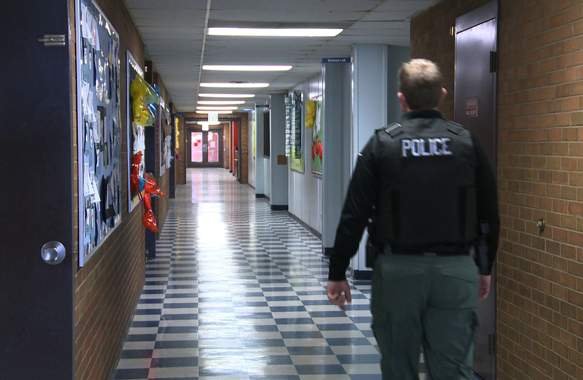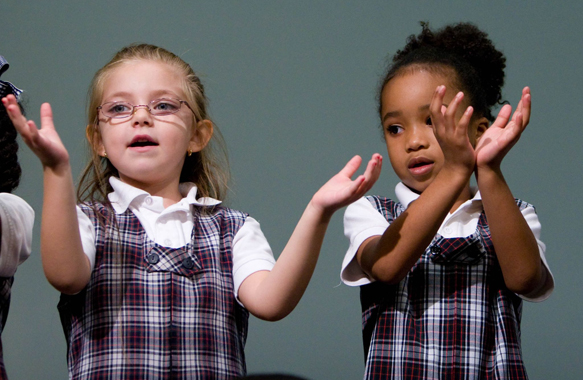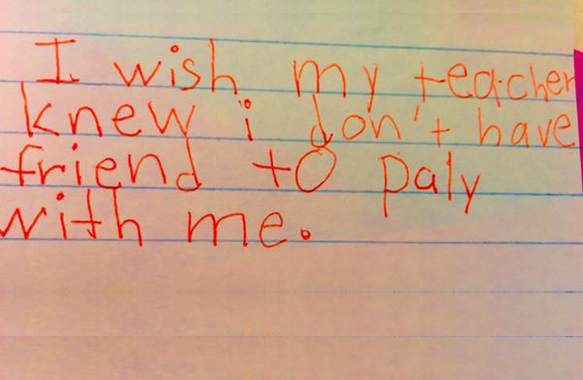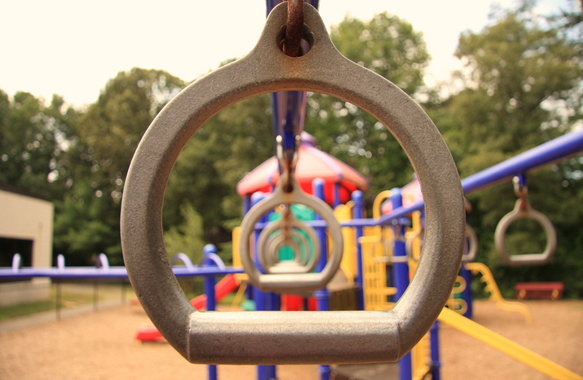By Jason Stanley and John W. Krakauer | Originally Published at The New York Times. THE STONE October 27, 2013, 7:00 pm
In the frequent debates over the merits of science and philosophy, or the humanities in general, it is often assumed that the factual grounding and systematic methodology of the sciences serve as a corrective to the less rigorous wanderings of the humanities. And while many take the position that the humanities can provide their own important path to enlightenment, few argue that considerations from philosophy can or should correct the considered judgment of scientists. Even most defenders of the humanities hold that the sciences are directed at truth, whereas the humanities have an alternate goal, perhaps the molding of ideal citizens.
Neuroscience has not vindicated the cultural distinction between practical and theoretical activities.
The example concerns the seminal case study of Henry Molaison —known to the public as H.M. — a patient with severe epilepsy. H.M. was treated with a bilateral temporal lobectomy. Afterward, he was left unable to form lasting memories from short-term memories. He would generally forget events within 30 seconds after they occurred.
In a groundbreaking experiment published in 1962, the psychologist Brenda Milner had H.M. perform a mirror-drawing task. The task required H.M. to trace the outline of a star with a pencil, using a mirror to guide him, with vision of his arm obscured. Over the course of three days, H.M. improved his performance of this task, even though he had no explicit memory of having encountered it on previous days. This is an admittedly fascinating and important result. But what exactly is its significance?
The standard interpretation is that H.M. was able to acquire and improve motor skills, even though he could not retain knowledge of facts. As a recent newspaper article explains in the context of an interview with the distinguished neuroscientist Suzanne Corkin:
Henry was not capable of learning new information, though his knowledge of past events — the Wall Street Crash, Pearl Harbor and so on — was clear. Only a very few tiny details of TV programmes he watched repetitively ever stuck. He could, however, learn and retain new motor skills, which led to important understanding of the difference between conscious memory and unconscious. The latter category would include learning how to play tennis or ride a bicycle, or even play the piano — things that the brain encodes and transmits to the muscles through conditioning, memories which we come to think of as intuitive.
According to this article, H.M. was able to “learn and retain new motor skills” (and even improve). Examples of such learning are “how to play tennis or ride a bicycle.” H.M. is therefore taken to show that motor skills, a paradigm example of which is tennis,, are not the employment of knowledge.
In a recent paper, we argue that the case of H.M. has been misinterpreted. First, there are mistaken assumptions about the nature of knowledge and the nature of skill. Secondly, the importation of a merely cultural dichotomy between practical and theoretical pursuits has distorted the interpretation of experiments about motor skill. Neuroscience has not vindicated the cultural distinction between practical and theoretical activities. Rather, fueled by misconceptions about knowledge and skill, a merely cultural distinction has skewed the interpretation of scientific results.
A clue to the misinterpretation of the significance of H.M. lies in a 2010 paper by Shumita Roy and N.W. Park, in the journal Neuropsychologia. Roy and Park introduced several patients with the same amnestic condition as H.M. to novel tools. They discovered that the patients could not learn how to use the tools over days. The patients could not remember how the tool worked. They were able to exhibit improvements in execution similar to the improvement H.M. showed in mirror learning, but only after they were instructed what to do each day. Roy and Park conclude that tool use is not a motor skill, since it requires remembering facts.
We are not supposed to call Lebron James a “genius” because cultural bias has infected science without the moderating input of the humanities.
Roy and Park’s conclusion that even tool use is not a motor skill should ring alarm bells about whether the concept of a skill is what is at issue in these discussions. Martin Heidegger uses the example of hammering with a hammer as a paradigm example of a motor skill. Philosophers from Aristotle to Gilbert Ryle have held that whether or not to employ a skill is under a person’s rational control. But this seems to require knowledge — knowing how, when and with what means to do it. A skilled archer knows what to do to initiate the activity; this is in part why she can decide to do that activity. Still, we are not supposed to call LeBron James a “genius” because cultural biases have infected science without the moderating input of the humanities.
Neuroscientists and psychologists have other views that argue that motor skill does not involve knowledge. But these arguments involve false assumptions about knowledge.
We discuss and reject one such assumption, that a person must be capable of verbally explaining her knowledge. A second false assumption is that anyone who acts on knowledge must be considering that knowledge while acting upon it; for example, that the center fielder must be actively thinking about how to field the ball if he is acting on knowledge. A third false assumption is that anyone who knows something must be aware of knowing it (the following tempting argument appeals to this third assumption: it is possible to forget that one knows how to ride a bicycle, yet still retain the skill of riding a bicycle. Therefore, skill at bicycle riding does not involve knowledge). All of these assumptions have been widely rejected by philosophers who have recently considered them (see here for discussion).
It turns out that H.M. too had to be reinstructed in certain details — how to hold his hand, the correct placement of the mirror and other aspects of the task. He was not able to acquire a skill. One facet of skill improved, but this does not mean that he acquired the skill. One way to improve motor skill is by acquiring knowledge. For any given skill, it’s an open question as to how much knowledge is needed to acquire it and improve significantly. Skilled football players and cabinetmakers possess a large amount of complex knowledge about these activities, which accumulates over time and contributes to success. That someone can master such a complex knowledge base for these “practical” skills suggests that they could also be successful at activities that are considered more intellectual.
The significance of many scientific results is conveyed in the vocabulary of the humanities. In the case of HM, these terms are “skill” and “knowledge.” Gary Gutting has argued in The Stone —here and here — that scientific significance should be assessed in tandem with those who are familiar with the history and role of the relevant concepts — often humanists. We have argued that he is right. It is not possible to separate humanists and nonhumanists in the successful pursuit of truth, even if they employ different methodologies.
Constructing an argument in mathematics or history is one kind of human activity. Football and cabinetmaking are others. We argue that skilled human activity generally requires the acquisition and manipulation of knowledge, as well as implicit processes that do not depend on propositional knowledge (for example, increased dexterity). It is hard, and perhaps not possible, to forge a theoretically significant distinction between working with one’s hands and working with one’s mind.
Jason Stanley is a professor of philosophy at Yale University. He is the author of “Knowledge and Practical Interests,” “Language in Context” and “Know How.”
John W. Krakauer is a professor of neurology and neuroscience at the Johns Hopkins University School of Medicine. He is director of the Brain, Learning, Animation and Movement Lab.












Leave A Comment